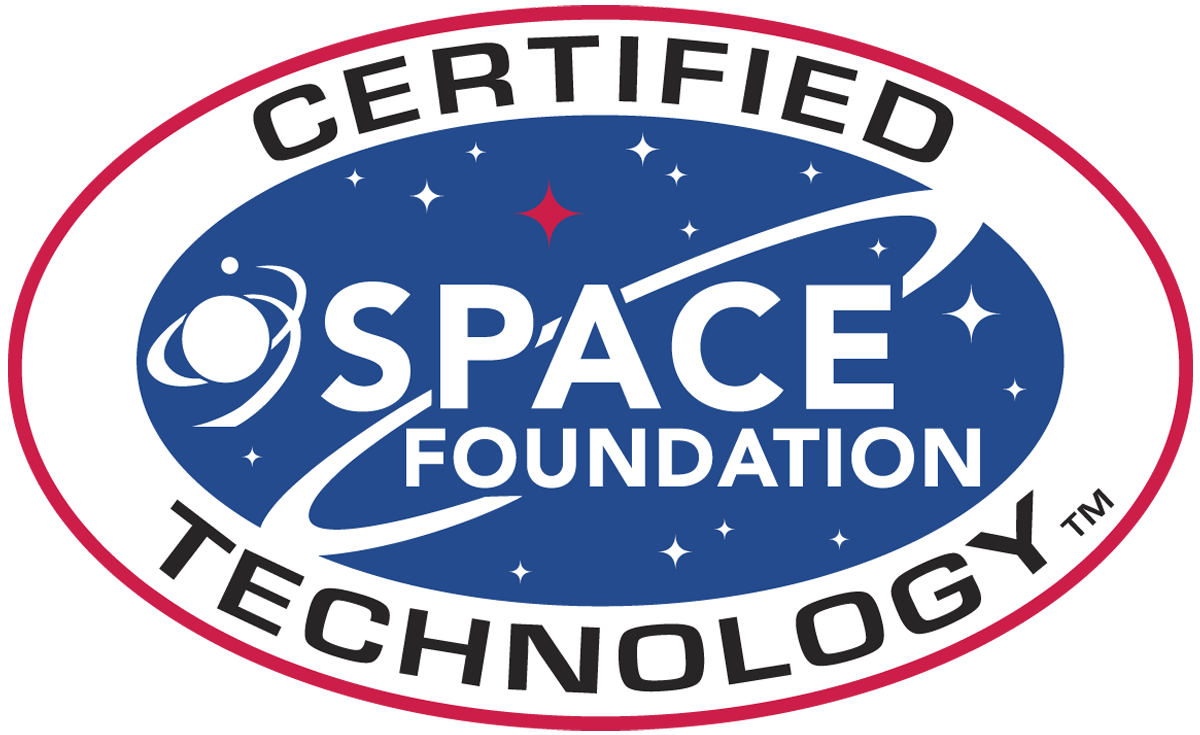ASHEVILLE, NC – Randomized, controlled reviews of Play Attention were performed by Tufts University School of Medicine in a pilot review, a long-term review, and follow up review. The reviews were funded by a grant from the US Department of Education to assess the efficacy of brain-training programs in educational settings. The pilot reviewers found that Play Attention produced significant results which prompted the long-term review. All three of the peer-reviewed studies found that simple brain training games had little to no positive outcomes for the ADHD population.
Published in the medical journal, Pediatrics, and titled, Computer-based attention training in the schools for children with attention deficit/hyperactivity disorder: a preliminary trial, the Tufts reviewers found (https://www.ncbi.nlm.nih.gov/pubmed/21561933): Abstract
OBJECTIVE:
This study examined the efficacy of 2 computer-based training systems to teach children with attention deficit/hyperactivity disorder (ADHD) to attend more effectively.
DESIGN/METHODS:
A total of 41 children with ADHD from 2 middle schools were randomly assigned to receive 2 sessions a week at school of either neurofeedback (NF) [Play Attention] or attention training through a standard computer format (SCF), either immediately or after a 6-month wait (waitlist control group). Parents, children, and teachers completed questionnaires pre- and postintervention.
RESULTS:
Primary parents in the NF condition reported significant (P < .05) change on Conners's Rating Scales-Revised (CRS-R) and Behavior Assessment Scales for Children (BASC) subscales; and in the SCF condition, they reported significant (P < .05) change on the CRS-R Inattention scale and ADHD index, the BASC Attention Problems Scale, and on the Behavioral Rating Inventory of Executive Functioning (BRIEF).
CONCLUSION:
This randomized control trial provides preliminary evidence of the effectiveness of computer-based interventions for ADHD and supports the feasibility of offering them in a school setting.
About Play Attention
Play Attention is the global leader in neurocognitive training having pioneered it for home and school in 1994. Play Attention is available online at www.playattention.com. Play Attention has been shown to significantly improve attention, working memory, impulse control, and behavior in studies published in 3 peer reviewed journals and performed in public schools as opposed to artificial clinical settings. Play Attention has been featured twice on Good Morning America, TIME magazine, national and local news broadcasts, the Boston Globe, Huffington Post, Delta Sky Magazine, Washington Post, Home School magazine, and many more media.


